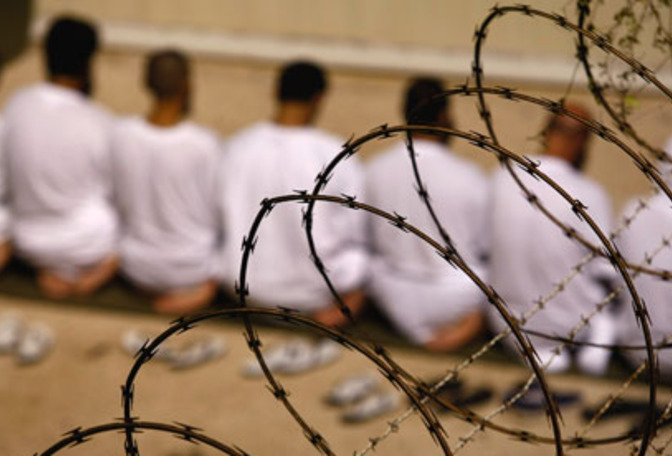- FAMA
- Researchers
-
Projects
- MESPI
- Knowledge Production Project >
-
Political Economy Project
>
- Development and the Uprisings
- Class Formations and Dynamics
- The Palestinian Economy: Fragmentation and Colonization
- Tunisia: A Political Economy in Transition
- Migrant States, Mobile Economies: Rethinking the Political in Contemporary Turkey
- Political Economy of the Middle East: Continuities & Discontinuities in Teaching & Research
- 2016 Political Economy Institute
- The Lebanon Project >
- The Palestine Project >
- The Civil Society Project >
- Middle East Media Project >
- The Egypt Project >
- Refugees and Migrants Project >
- Black-Palestinian Transnational Solidarities Project
- Initiatives
- Events
- Summer Institutes
- Internships
- Blog
|
November 20, 2013 @ 3:00pm
Johnson Center, Room A George Mason University Fairfax, Virginia Presented by the Arab Studies Institute (ASI) and The George Mason University Middle East Studies Program, Center for Global Islamic Studies and Global Interdisciplinary Programs Featuring... Lisa Hajjar Two high-profile cases being prosecuted in the military commissions at Guantanamo raise exceptionally challenging problems for the US government and the civilian and military lawyers defending the suspects. One case involves five people, including Khalid Sheikh Mohammed who are accused of responsibility for the 9/11 terrorist attacks. The second case is against Abdul Rahim al-Nashiri, who is accused of participating in the bombing of the USS Cole off the coast of Yemen in 2000. All six men were held for years in CIA black sites and subjected to the harshest interrogation tactics authorized by the Bush Administration. One of the most confounding issues in these trials is whether the government can classify the defendants' own memories of their treatment at the hands of the CIA. Probing into this issue as it is playing out in the commissions is a means of analyzing the relationship and contradictions among three larger issues -- torture, secrecy, and governmental unaccountability -- and the looming question of what "justice" can mean under these circumstances.
0 Comments
Leave a Reply. |
Forum on Muslim and Arab AffairsFAMA is the research arm of the Arab Studies Institute. Archives
June 2017
Categories |
- FAMA
- Researchers
-
Projects
- MESPI
- Knowledge Production Project >
-
Political Economy Project
>
- Development and the Uprisings
- Class Formations and Dynamics
- The Palestinian Economy: Fragmentation and Colonization
- Tunisia: A Political Economy in Transition
- Migrant States, Mobile Economies: Rethinking the Political in Contemporary Turkey
- Political Economy of the Middle East: Continuities & Discontinuities in Teaching & Research
- 2016 Political Economy Institute
- The Lebanon Project >
- The Palestine Project >
- The Civil Society Project >
- Middle East Media Project >
- The Egypt Project >
- Refugees and Migrants Project >
- Black-Palestinian Transnational Solidarities Project
- Initiatives
- Events
- Summer Institutes
- Internships
- Blog


 RSS Feed
RSS Feed
